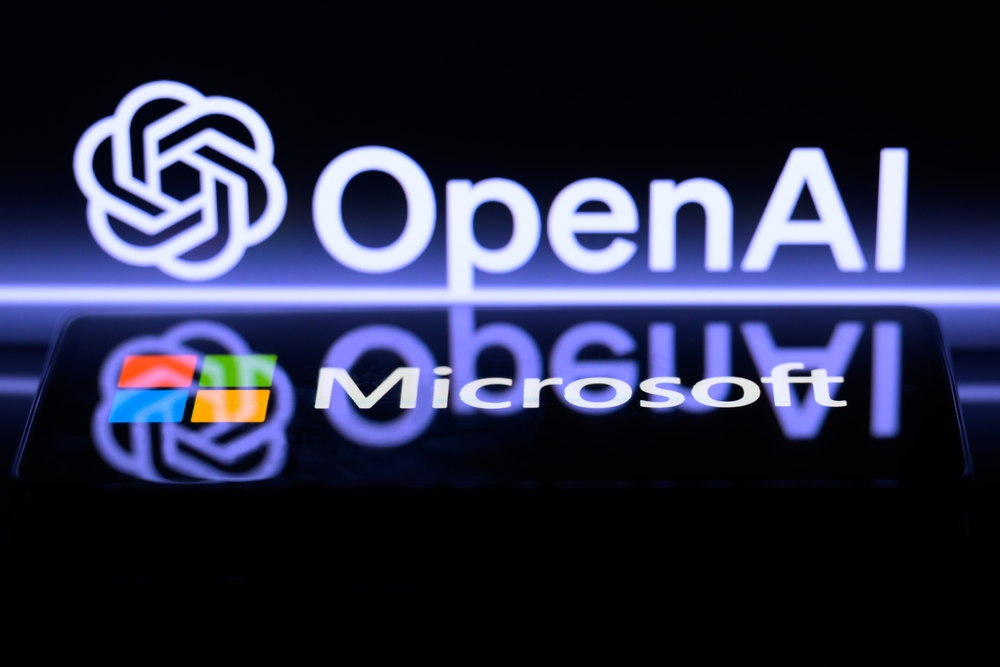Microsoft is taking a new step in artificial intelligence development — one that frees it from depending solely on OpenAI.
Others are reading now
Microsoft is taking a new step in artificial intelligence development — one that frees it from depending solely on OpenAI. The company has announced the creation of the MAI Superintelligence Team, a group dedicated to building what AI chief Mustafa Suleyman calls “humanist superintelligence.”
A new chapter in Microsoft’s AI ambitions
When Suleyman joined Microsoft in March 2024, his work was limited by the company’s deep partnership with OpenAI. The deal restricted Microsoft from training its own massive models beyond a fixed computing threshold, effectively keeping its most advanced research tied to OpenAI’s technology.
“That’s a big limitation for a company of our scale,” Suleyman told Fortune.
Now those limits are gone. The new MAI Superintelligence Team — led by Suleyman and chief scientist Karén Simonyan — will operate within Microsoft’s AI division and pursue highly advanced AI systems that, as Suleyman describes, “always work for, in service of, people and humanity more generally.”
Competing visions of “superintelligence”
Microsoft’s move follows similar branding efforts across the industry. Meta renamed its research group Meta Superintelligence Labs earlier this year, while OpenAI CEO Sam Altman has said his company is already looking beyond artificial general intelligence (AGI) toward “superintelligence.”
Also read
OpenAI cofounder Ilya Sutskever has launched a separate startup, Safe Superintelligence, focused on ensuring future systems remain controllable. Rival firm Anthropic has also assembled a team researching safeguards for powerful, as-yet-hypothetical AI.
But Suleyman is framing Microsoft’s approach differently. In a blog post, he rejected what he called “binaries of boom and doom” that dominate discussions about AI’s future. “We reject narratives about a race to AGI,” he wrote. “We see it as part of a deeply human endeavor to improve our lives and future prospects.”
Building independence, not isolation
Suleyman said Microsoft’s new independence doesn’t mean it’s cutting ties with OpenAI. Instead, the company now enjoys what he described as “a best-of-both environment,” maintaining access to OpenAI’s top models while pursuing its own long-term AI research.
This new autonomy has required major investment in AI chips and infrastructure, though Suleyman declined to say how many GPUs the company has secured. The goal, he said, is to foster “a culture focused on developing the absolute frontier of AI research,” acknowledging that full self-sufficiency will take years.
The MAI Superintelligence Team combines talent from Microsoft, Suleyman’s former company Inflection, and researchers recruited from Google, DeepMind, Meta, Anthropic, and OpenAI.
Also read
Acceleration with responsibility
While Suleyman emphasized Microsoft’s cautious, human-centered approach, he also argued that the U.S. and its allies must move quickly. Responding to the Trump administration’s call for rapid AI development, he said he agreed with AI and crypto adviser David Sacks “that we should accelerate — it’s critical for America; it’s critical for the West.”
Still, Suleyman stressed that progress must come with safeguards against misinformation, social manipulation, and rogue autonomous behavior. “We can push the envelope,” he said, “while also understanding potential risks.”
For now, Microsoft’s new push signals a fresh phase in the global race toward ever more powerful AI — one the company insists must remain anchored to human values even as it reaches for technological heights once thought unreachable.


